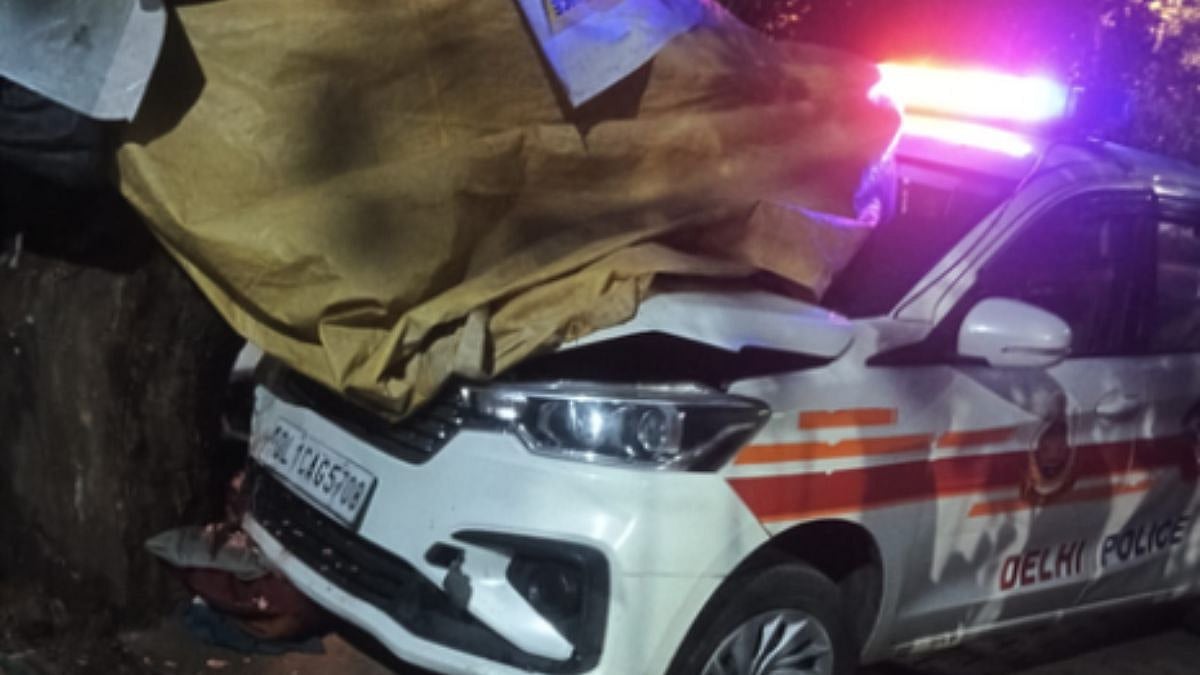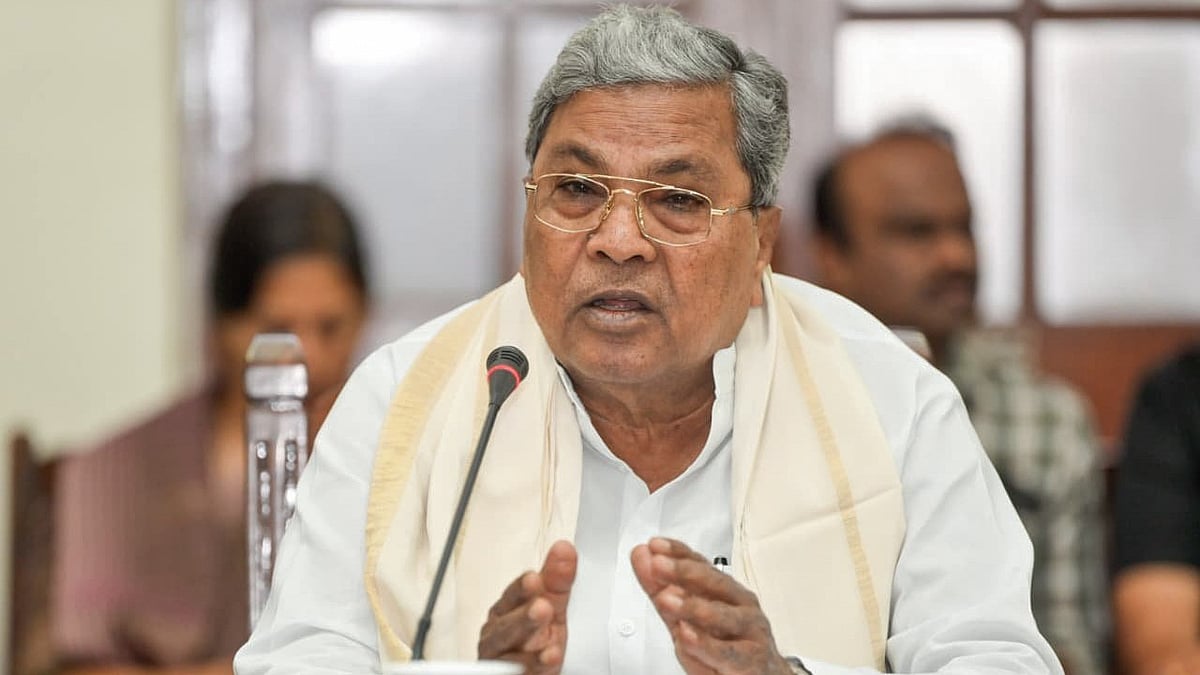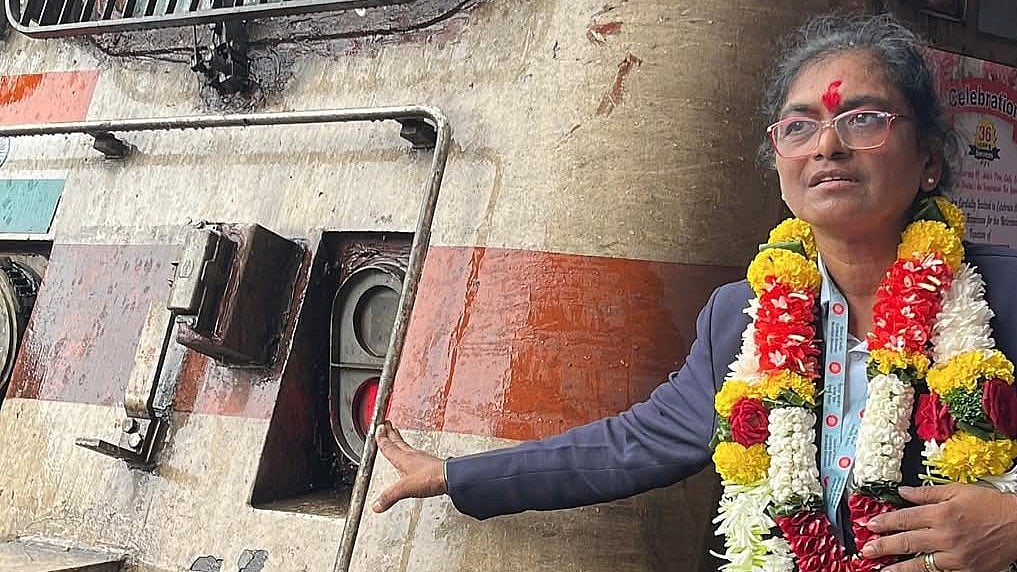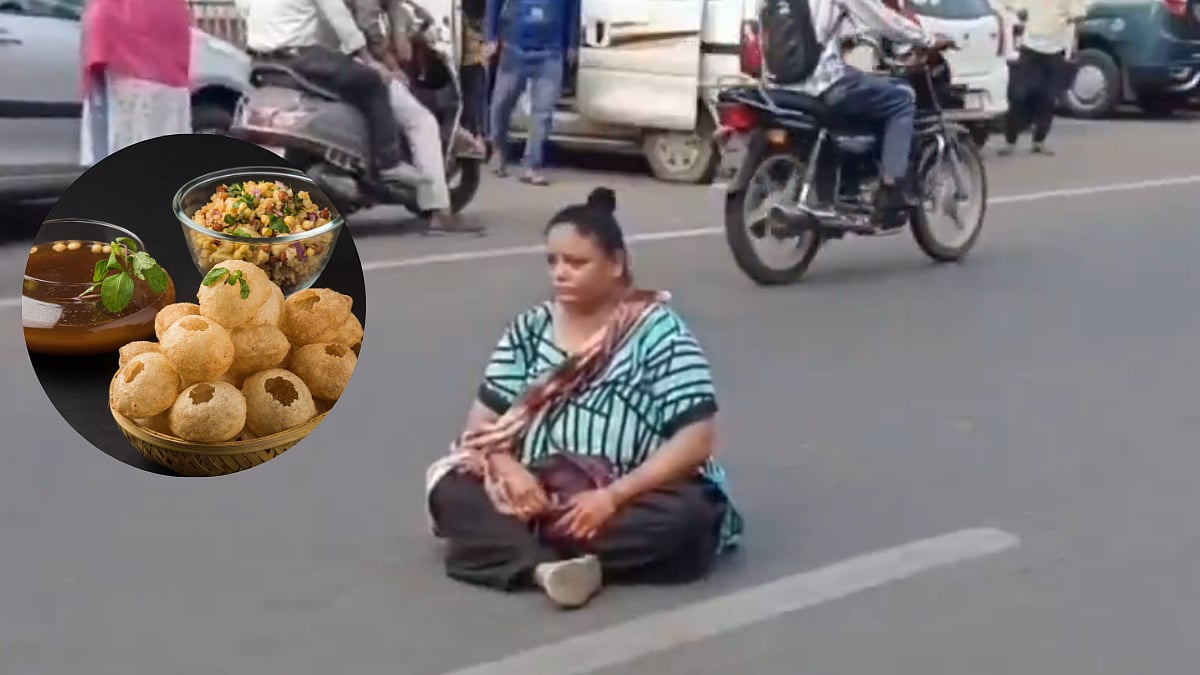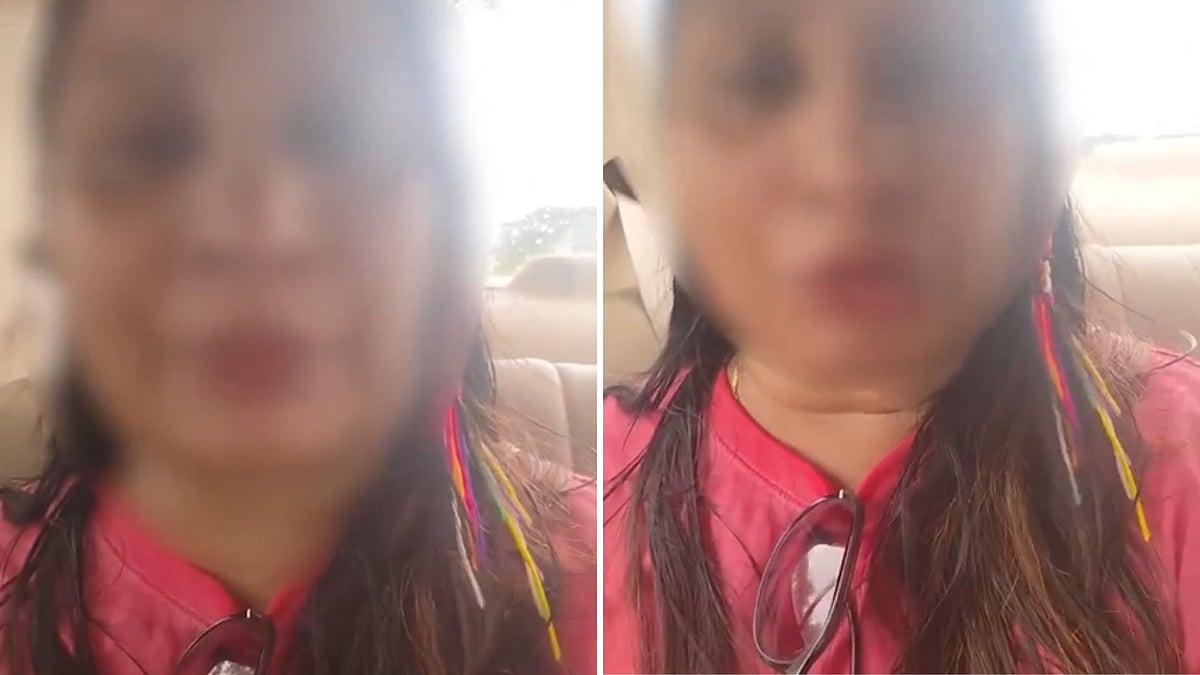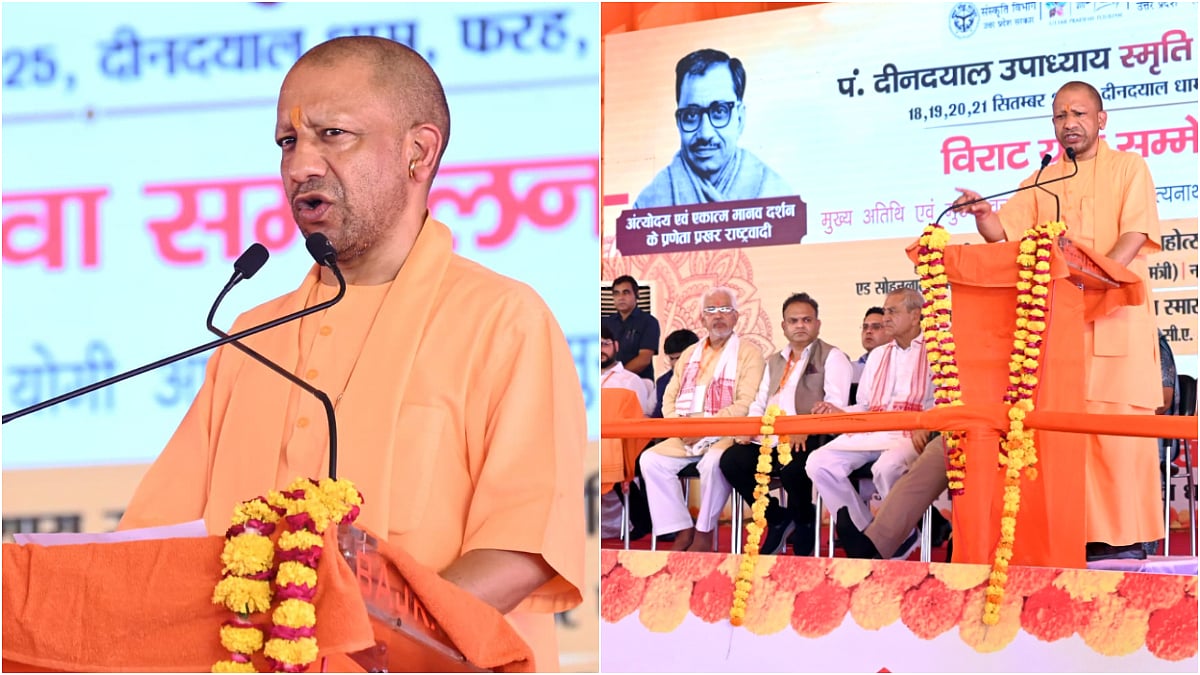A Delhi Police PCR van ran over and killed a 55-year-old tea vendor in the Mandir Marg area, raising questions on accountability, police reforms, and public trust. Free Press Journal’s Afrida Rahman Ali spoke to Yashovardhan Azad, IPS (Retd.), to understand the larger issues behind the incident.
Q: Two policemen have already been suspended. How do inquiries usually proceed in such cases?
Azad: Once an incident like this happens, the immediate step is suspension pending inquiry. After that, a departmental inquiry follows once a chargesheet is framed. Evidence—whether CCTV, witness statements, or electronic data—becomes crucial. You cannot hide things in today’s time. The truth will eventually come out, which is good both for the public and the police.
Q: There is somewhere a lack of surveillance, a lack of monitoring from supervisory or senior officers, exposing a rot in the lower ranks. Do you agree?
Azad: Listen, it may all be true for all you know. But the issue is that many of the things which are said on the spot perhaps are not translated into actual witness statements when the inquiry is called for. In many cases, even in Bhopal, I have punished the guilty, and I would have liked to punish them harsher, but the actual incident did not turn out the way it was first described.
If there was a woman, that is a very serious violation. If it can be proved, it is not very difficult. Because the accident took place immediately, if somebody was on the spot, there are CCTV cameras, mobile communication records, and witness statements. All this gives a fair idea. Let me assure you—you can’t hide these things. The truth will come out, which is very good not only for the public but also for the police.
Azad: There may be lapses in monitoring and supervision, yes. But I would caution that what is said on the spot often doesn’t translate exactly into witness statements later. Still, if proven, the lapses must be punished. I have personally dealt with such cases before and ensured strict action. The larger issue is ensuring the supervisory system works and responsibility is fixed.
Q. A poor man’s life in this country seems to have no value. Here is a man who lives on the street, makes both ends meet, and is crushed by a PCR van—the very force meant to protect him. Doesn’t this shake public confidence?
Azad: I totally agree. The poor man has a lot of issues. I still remember the poor people who were crushed by Salman Khan, and he never got punished for it. In fact, the constable who was the sole witness died.
These are the fault lines of society—the rich and powerful, whether they are the police or people owning BMWs, kill people and often get away. That is why in this particular case it must be ensured that the investigation goes on the right lines. There should also be an internal inquiry into what happened. The media should pursue it, TV channels should pursue it. It is extremely important for democracy, the police, and the public.
Q: Shouldn’t police officers be held to higher standards when such crimes are committed on duty?
Azad: This is law, and law cannot be unequal. The act is the same as a drunk BMW driver killing someone. So it has to be the same for the police.
But yes, definitely, there must be an internal inquiry as to why this incident happened. That should go on rigorously, and the wider aspects should also be put up before the public. It should be made public so that repetition does not happen again.
Q: But rebuilding public trust is now the challenge. How can that happen?
Afrida: Things like this shake confidence. As a citizen, when I see a PCR van, I should feel safe. But repeated incidents erode that confidence. Isn’t it time for police to actively rebuild trust?
Azad: Yes, you’re right. It should be both ways. Look at the BMW case when a police officer was killed—there were members of the public taking photographs on their mobiles but not doing anything to help.
In most accidental cases, the public’s behavior has been disappointing. Trust begets trust. While the police must rebuild credibility, public behavior also needs to change. A better resolution will only come when both sides move towards responsibility.
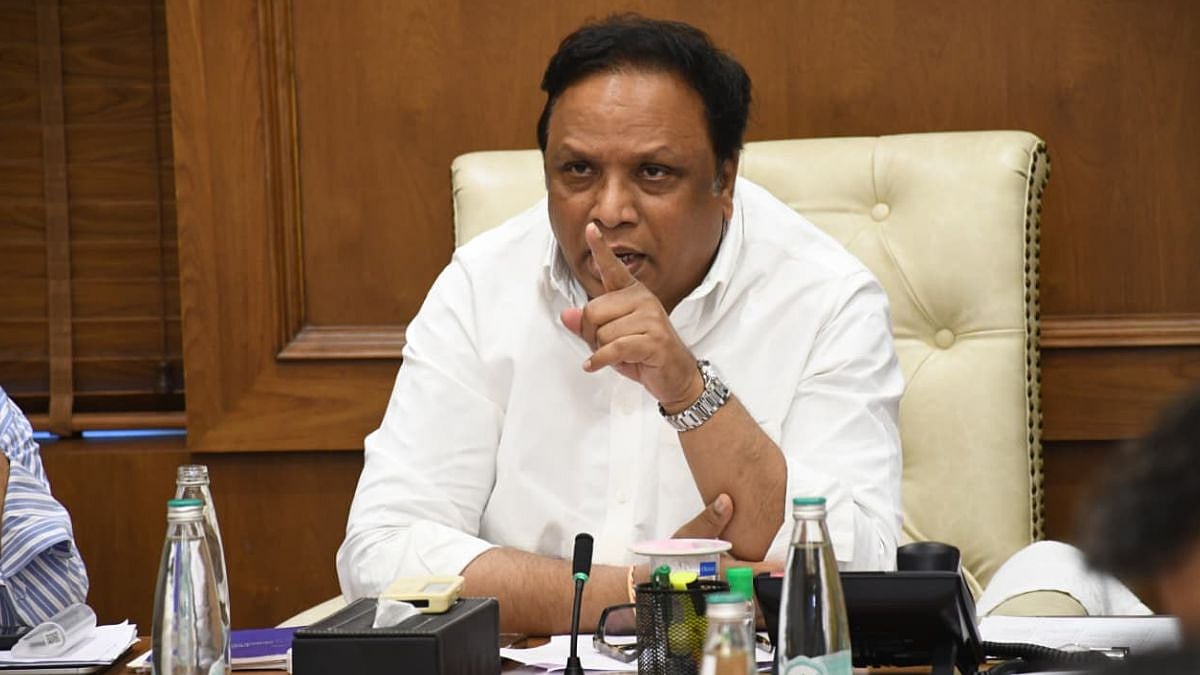
Q: Finally, what should be the way forward?
Azad: A rigorous investigation, an honest internal inquiry, and constant media scrutiny are vital. The larger lesson is this: accountability must not stop at the constable level. Senior officers must explain what went wrong, and how they will prevent this from happening again.
